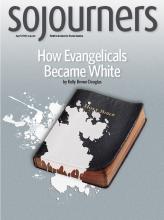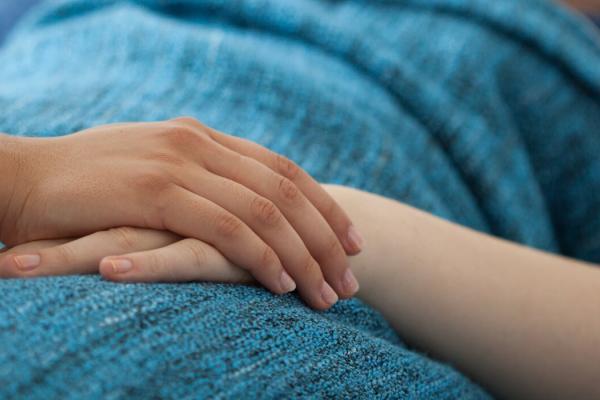JEANNE AUDREY POWERS, 85 years and counting, wanted to stop counting. She felt herself growing more frail, less clear-headed. She was losing her sight. Worst of all, the woman who once spoke on international podiums was losing her words.
However, Jeanne Audrey, as her many friends called her, was technically not terminally ill, despite the waves of mini-strokes stealing her senses. California physicians, gatekeepers under the state’s End of Life Options Act, would not deem her likely to die within six months, an essential qualification for a legal lethal prescription that would let her choose her final hour.
But she was dying to her self as she knew her self to be. And that was a form of suffering she did not believe God required of her, of anyone.
So Rev. Jeanne Audrey Powers—one of the United Methodist Church’s leading voices for ecumenism, a champion for LGBTQ rights within her denomination, and someone who knew the doctrines of her church included one against suicide—bought herself a one-way ticket to Switzerland last September. There she died, at peace with her decision, in a euthanasia facility.
She left two requests. One was that her last letter be included in the memorial service program, says Rev. Barbara Troxell, who officiated at the service. The letter describes a “deeply peaceful and affirming” vision Powers had of a fatherly God who came to her in prayer and tenderly called her “friend ... preparing me to trust the journey ahead.”
The second request was that her tombstone read: “Subversive to the end.”
Read the Full Article

